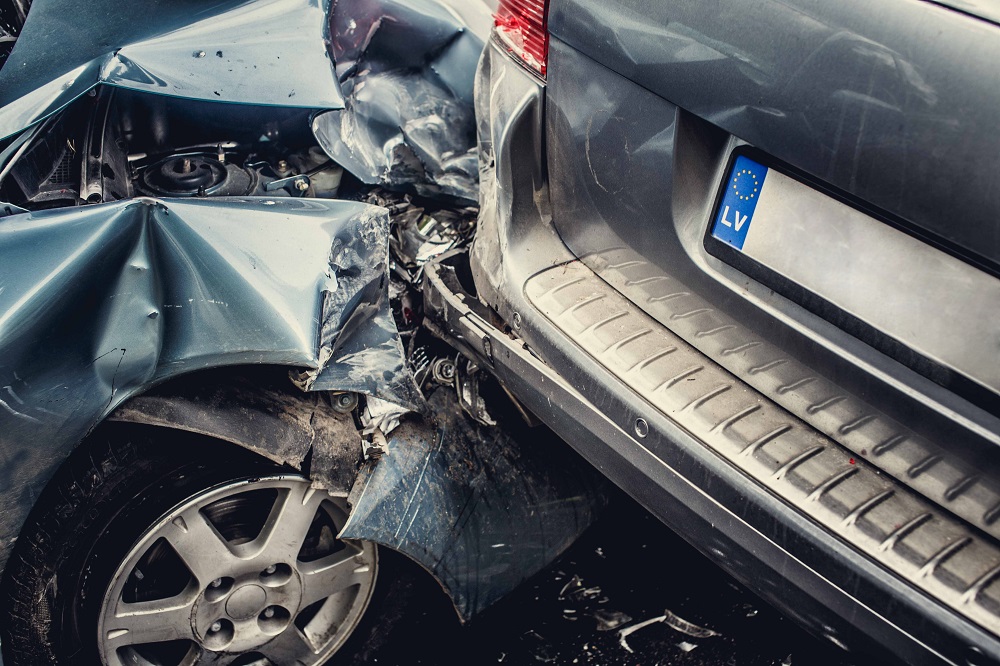Car accidents happen suddenly and can leave victims with serious physical, emotional, and financial challenges. Even a seemingly minor crash can result in injuries that take weeks or months to heal. Understanding the common injuries in car accidents can help victims recognize symptoms early, seek proper medical care, and protect their legal rights.
In this guide, we’ll break down the most frequent car accident injuries, how they affect the body, and what steps you should take after experiencing them.
Why Car Accident Injuries Are So Serious
Car accidents place a tremendous amount of force on the body. Even at low speeds, the impact can cause muscles, bones, and internal organs to shift or compress in unnatural ways. Some injuries are visible right away, while others may take days to develop.
Recognizing the common injuries in car accidents is crucial because early diagnosis and treatment can prevent complications and support your recovery.
Head and Brain Injuries
Concussions and Traumatic Brain Injuries (TBI)
A concussion is one of the most common injuries in car accidents. It happens when the brain shakes inside the skull due to a sudden impact. While mild concussions may heal with rest, more severe traumatic brain injuries can cause long-term cognitive issues, memory loss, or mood changes.
Skull Fractures and Bleeding
In high-impact crashes, victims may suffer skull fractures or internal bleeding. These require immediate medical attention and can be life-threatening if untreated.
Warning signs to watch for: dizziness, confusion, headaches, blurred vision, or nausea.
Neck and Back Injuries
Whiplash
Whiplash occurs when the neck is forcefully jerked forward and backward, stretching ligaments and muscles. It is one of the most well-known common injuries in car accidents, often resulting from rear-end collisions. Symptoms may include stiffness, neck pain, headaches, and limited range of motion.
Spinal Cord Damage
A severe crash can damage the spinal cord, leading to partial or complete paralysis. Even less severe back injuries can cause chronic pain, numbness, or tingling in the arms and legs.
Chest Injuries
Broken Ribs
When the body hits the steering wheel or seatbelt during impact, ribs may fracture. Broken ribs can be extremely painful and make breathing difficult.
Internal Organ Damage
Blunt force trauma to the chest can harm vital organs like the heart or lungs. These injuries are not always immediately noticeable but can be life-threatening if untreated.
Broken Bones and Fractures
Car accidents often result in broken arms, legs, wrists, or ankles. Fractures vary in severity, from simple breaks that heal with a cast to compound fractures requiring surgery.
Victims may also experience pelvic fractures in high-speed collisions, which can be extremely dangerous and require long-term rehabilitation.
Soft Tissue Injuries
Soft tissue damage includes sprains, strains, bruises, and ligament tears. While these injuries might seem less severe, they can cause lingering pain and mobility issues.
Whiplash itself is a type of soft tissue injury, but other forms may affect the shoulders, knees, and back.
Cuts, Lacerations, and Burns
Broken glass, metal, and deployed airbags can cause deep cuts or burns during a crash. Severe lacerations may require stitches, while burns can lead to scarring and infection.
Even minor-looking cuts should be cleaned and treated quickly to avoid complications.
Emotional and Psychological Injuries
Not all injuries are physical. Many car accident victims experience post-traumatic stress disorder (PTSD), anxiety, or depression. Nightmares, flashbacks, or fear of driving are common emotional responses.
Acknowledging the psychological effects of a car accident is just as important as treating physical injuries.
Hidden Injuries That May Appear Later
Some of the common injuries in car accidents don’t show symptoms immediately. Internal bleeding, concussions, or soft tissue injuries may develop hours or even days later.
That’s why it’s critical to seek medical attention right after an accident, even if you feel fine. Early medical documentation also helps if you decide to file a personal injury claim.
What to Do If You’ve Suffered a Car Accident Injury
Seek Medical Care Immediately
Always get checked by a doctor after a crash. Even small injuries can worsen without treatment.
Keep Records of Your Treatment
Medical records are crucial evidence if you need to file an insurance claim or lawsuit. Save all bills, prescriptions, and reports.
Follow Your Doctor’s Advice
Stick to prescribed treatments, therapy sessions, and medications. Insurance companies often look at whether victims followed medical recommendations when evaluating claims.
Consult a Personal Injury Lawyer
If your injuries are serious, a lawyer can help protect your rights and guide you through the claims process. They can ensure you get the compensation you deserve for medical bills, lost wages, and pain and suffering.
Conclusion
Car crashes can leave victims with painful and life-altering injuries. From concussions and whiplash to broken bones and emotional trauma, the impact is often more serious than it first appears. By understanding the common injuries in car accidents, you’ll be better prepared to recognize symptoms, seek treatment, and take the right steps toward recovery.
If you or a loved one has been injured in a car accident, don’t face the journey alone. Reach out to a trusted personal injury lawyer who can guide you through the process and fight for the support you need.

